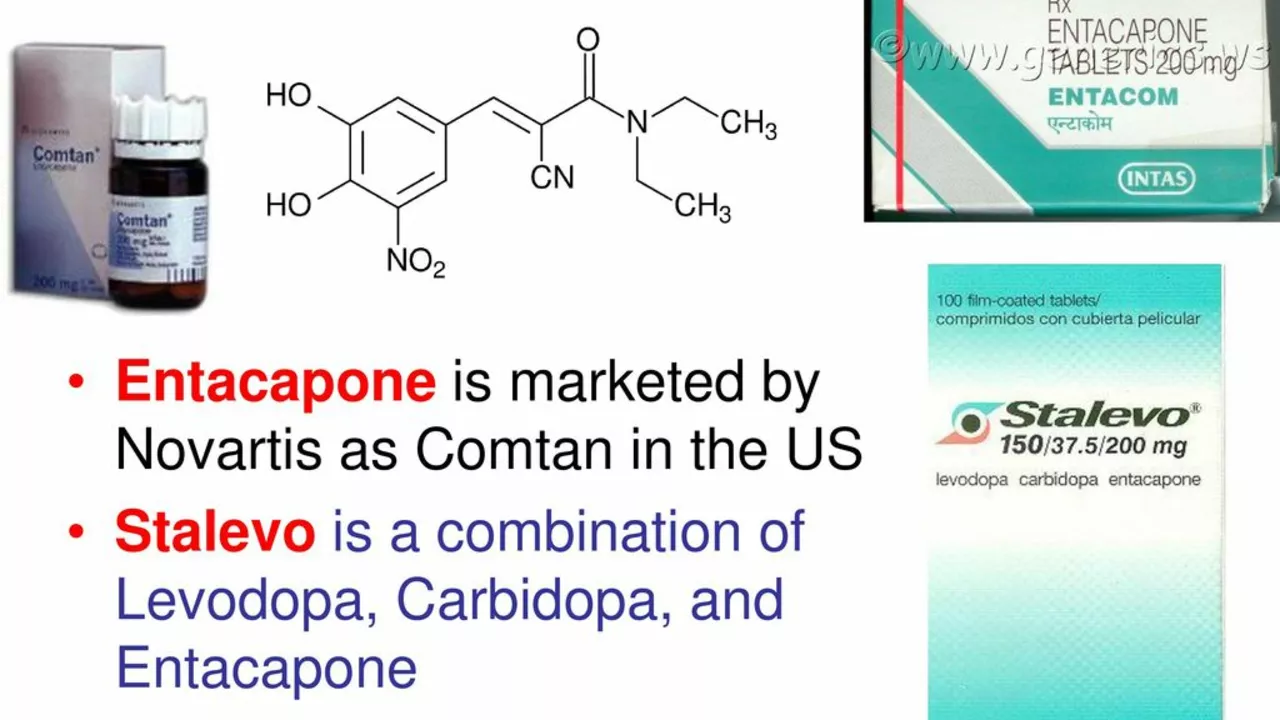Medication Myths Debunked – Real Facts You Should Know
Ever read a headline that said "This drug will cure everything" or heard a friend swear that a certain supplement is completely safe? You’re not alone. Misunderstandings about medicines spread fast, and they can lead to bad decisions. In this guide we’ll pull apart the most common myths, show why they’re wrong, and give you simple ways to check the truth before you swallow anything.
Common Medication Myths
Myth 1: All generic drugs are weaker than brand‑name ones. The reality is that generics contain the same active ingredient, dosage, and strength as their branded counterparts. They’re required by regulators to meet identical quality standards, so you’re not losing effectiveness when you save money.
Myth 2: If a medication is sold over‑the‑counter, it can’t be dangerous. Even OTC drugs have side effects and interactions. For example, taking too much ibuprofen can hurt your stomach or kidneys. Always read the label and ask a pharmacist if you’re unsure.
Myth 3: You should stop an antibiotic as soon as you feel better. Cutting short a course leaves some bacteria alive, which can become resistant. Finish the full prescription even if symptoms disappear – that’s how antibiotics stay effective for everyone.
Myth 4: Natural equals safe. Herbs and supplements are not automatically harmless. St. John’s wort, for instance, can interfere with birth control pills. Treat every product like a drug: check dosage, possible interactions, and quality of the brand.
How to Spot a False Claim
When you see a bold claim, ask these quick questions:
- Source? Is the information coming from a reputable medical website, a peer‑reviewed study, or just an Instagram post?
- Date? Medical guidelines change. A tip from five years ago might be outdated.
- Evidence? Look for actual data or references. Vague statements like "studies show" without links are a red flag.
If the answer to any of these is “no,” dig deeper before acting. A reliable pharmacist can also clarify doubts in seconds.
Another practical tip: use the FDA’s or your country’s health agency website to verify whether a product is approved. If it isn’t, treat it with caution.
Remember that myths often sound convincing because they tap into fear or hope. By taking a moment to verify, you protect yourself and avoid costly mistakes.
So next time someone says, "You don’t need a prescription for this," pause and ask why. A quick check can save you from side effects, wasted money, or even serious health risks.
Stay curious, stay skeptical, and keep your medicine cabinet based on facts—not rumors.

Carbidopa-Levodopa and Parkinson's Disease: Dispelling Common Myths and Misconceptions
Alright folks, buckle up because we're going on a myth-busting ride about Carbidopa-Levodopa and Parkinson's disease! Contrary to popular belief, Carbidopa-Levodopa, the dynamic duo of Parkinson's medication, isn't the big, bad wolf some make it out to be. In fact, it's not even habit-forming or addictive! Can you believe it? Plus, taking this medication early on in your diagnosis doesn't mean you're doomed to exhaust its benefits prematurely. And, the cherry on top is - it doesn't cause damage to your liver or kidneys. So, let's park those misconceptions and embrace the facts about this super combo of drugs!
Read More